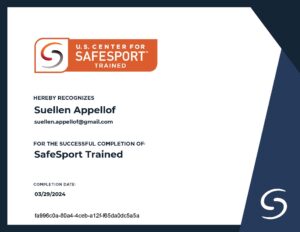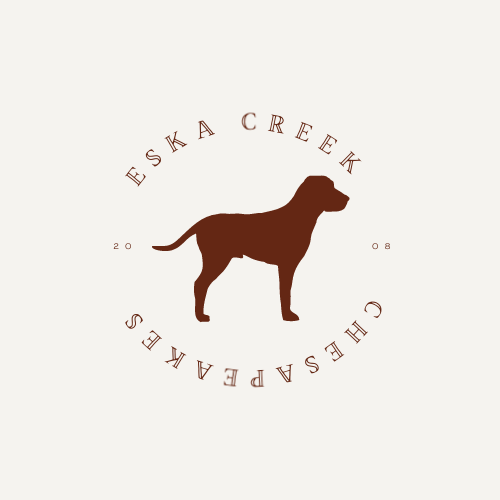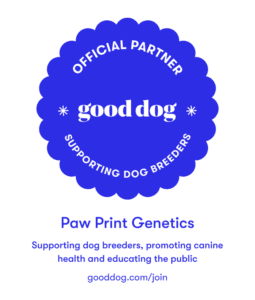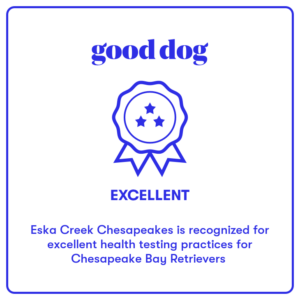Safe Sport Trained™
SafeSport® Trained Core
The Significance of the "Safe Sport" Core Course and Certification
In recent years, there has been increased awareness and concern about ensuring a safe and positive environment for athletes across various sports. As a response to this, organizations and authorities have implemented initiatives like the “Safe Sport” core course and certification. In this blog post, we will explore the significance of the “Safe Sport” core course and certification, and how they contribute to creating a safer sports environment for all.
 I have taken this course and received the SafeSport Training Certification. As an athlete in my youth and teen years, I experienced inappropriate actions, and comments from coaches, mentors, other players, and even parents on the sidelines.
I have taken this course and received the SafeSport Training Certification. As an athlete in my youth and teen years, I experienced inappropriate actions, and comments from coaches, mentors, other players, and even parents on the sidelines.
No one should have to tolerate these things, to enjoy their chosen activity.
There are other training classes available, and many larger organizations have proprietary training that covers this information. Some may receive training as part of their work life, and they may even be considered mandatory reporters. If your organization does not have a similar training, consider the Safe SafeSport® Trained Core.
Creating Awareness
The primary objective of the “Safe Sport” core course is to promote awareness and education regarding athlete safety, abuse prevention, and ethical misconduct in sports. By requiring individuals involved in sports to complete this course, organizations are ensuring that coaches, athletes, parents, and other stakeholders are equipped with the necessary knowledge and tools to recognize, prevent, and report any form of abuse or misconduct.
Preventing Abuse and Misconduct
The “Safe Sport” core course covers a wide range of topics related to abuse prevention and misconduct, including but not limited to physical abuse, emotional abuse, sexual misconduct, bullying, hazing, and harassment. By educating individuals about these issues, the course aims to empower them to speak up, intervene, and take appropriate action when there are concerns about the safety and well-being of athletes. Ultimately, this proactive approach contributes to the prevention of abuse and misconduct in the sports community.
Building a Culture of Safety and Trust
By obtaining the “Safe Sport” certification, individuals demonstrate their commitment to building a culture of safety, trust, and respect within their sporting community. This certification serves as a visible symbol of their dedication to upholding the highest standards of ethical behavior and promoting a safe environment for athletes to excel and grow.
Impacts on Athlete Well-being
The “Safe Sport” core course and certification have a direct impact on the well-being and overall development of athletes. When athletes know that the adults and peers involved in their sporting activities have received training on safe practices and ethical conduct, they feel a sense of protection and trust. This enables them to fully engage in their chosen sport without the fear of mistreatment or abuse, leading to improved physical and mental well-being.
Enhancing Organizational Reputation
Organizations that mandate the “Safe Sport” core course and certification demonstrate their commitment to the welfare of athletes and their dedication to providing a safe and inclusive environment. This commitment enhances their reputation and credibility, making them more attractive to athletes, parents, sponsors, and the community at large. A well-respected organization with a strong adherence to safety standards is more likely to attract and retain talented athletes, thereby advancing the development and success of sports programs.
So, Here we are...
In conclusion, the “Safe Sport” core course and certification play a pivotal role in creating a safe and secure environment for athletes, coaches, parents, and other individuals involved in sports. The course raises awareness about abuse prevention and ethical misconduct, equipping individuals with the knowledge and skills necessary to foster a culture of safety and trust. By prioritizing the well-being of athletes and implementing these initiatives, organizations enhance their reputation and contribute to the overall growth and success of sports programs. Together, we can ensure that sports remain a positive and empowering experience for everyone involved.




